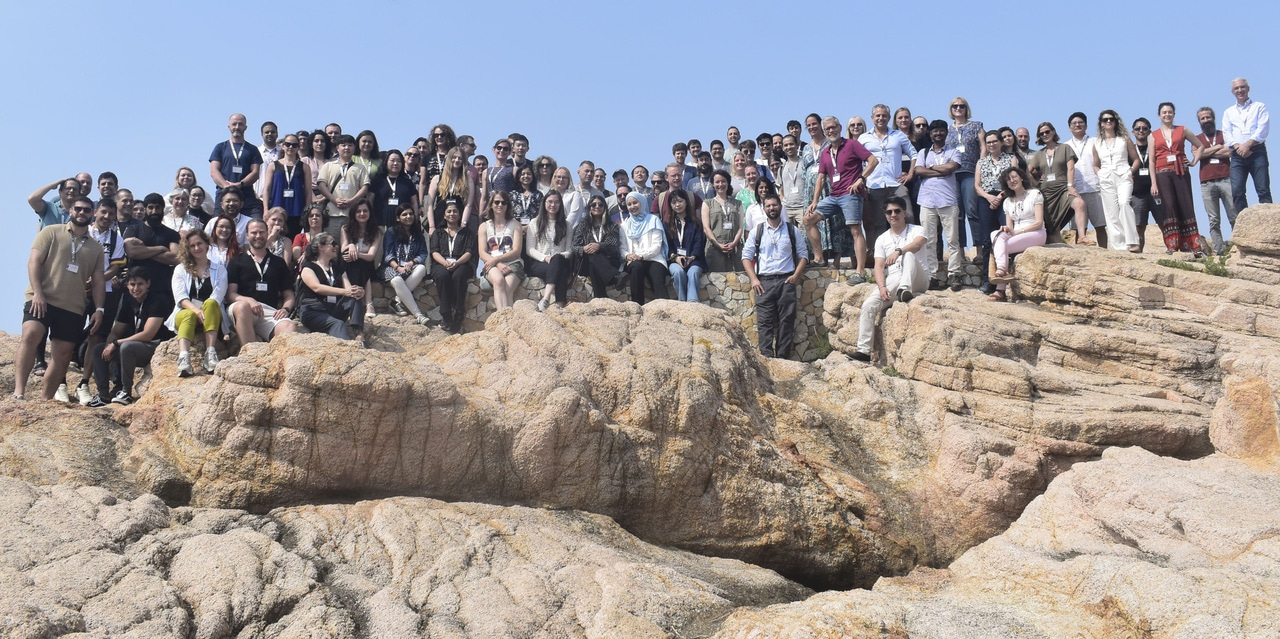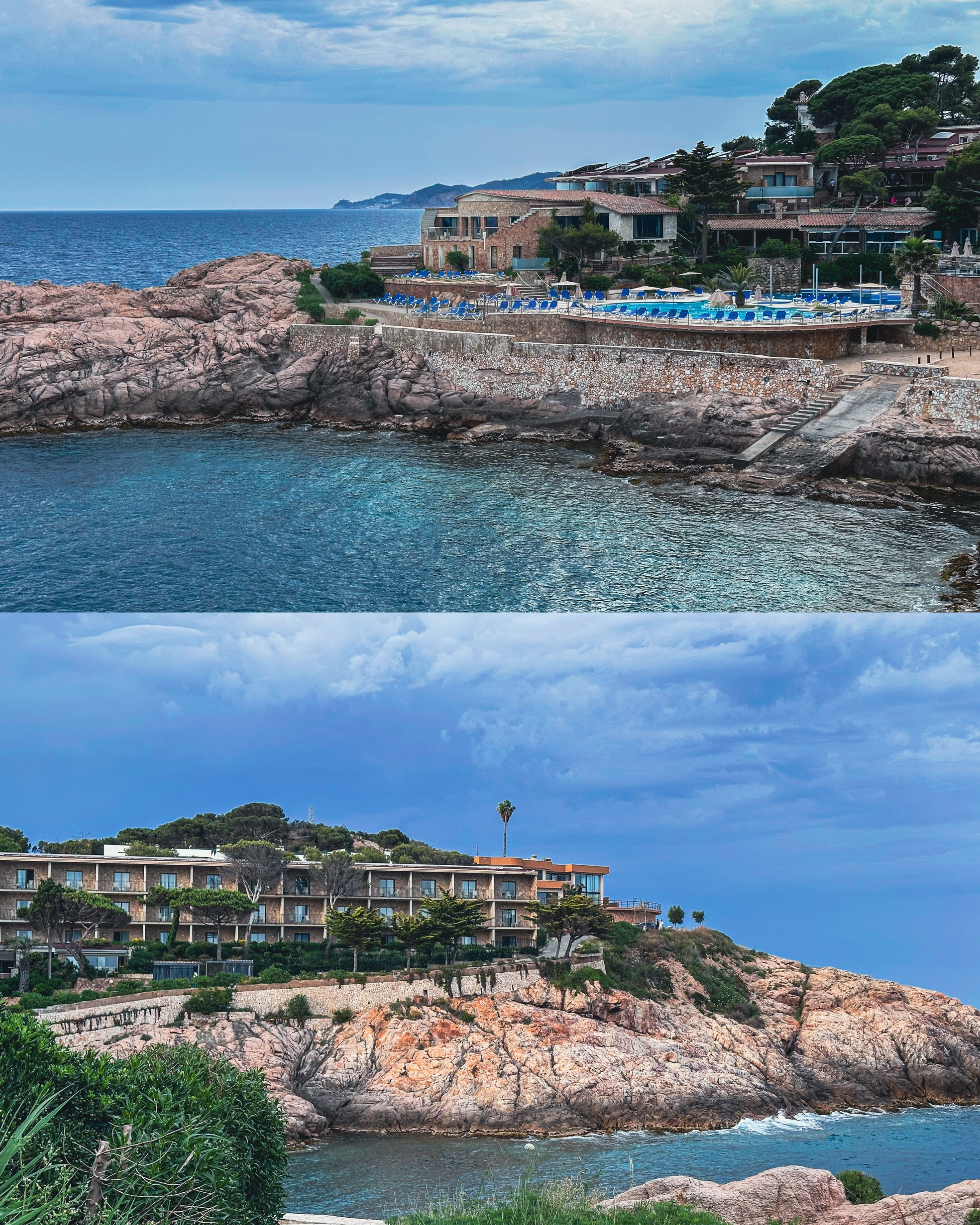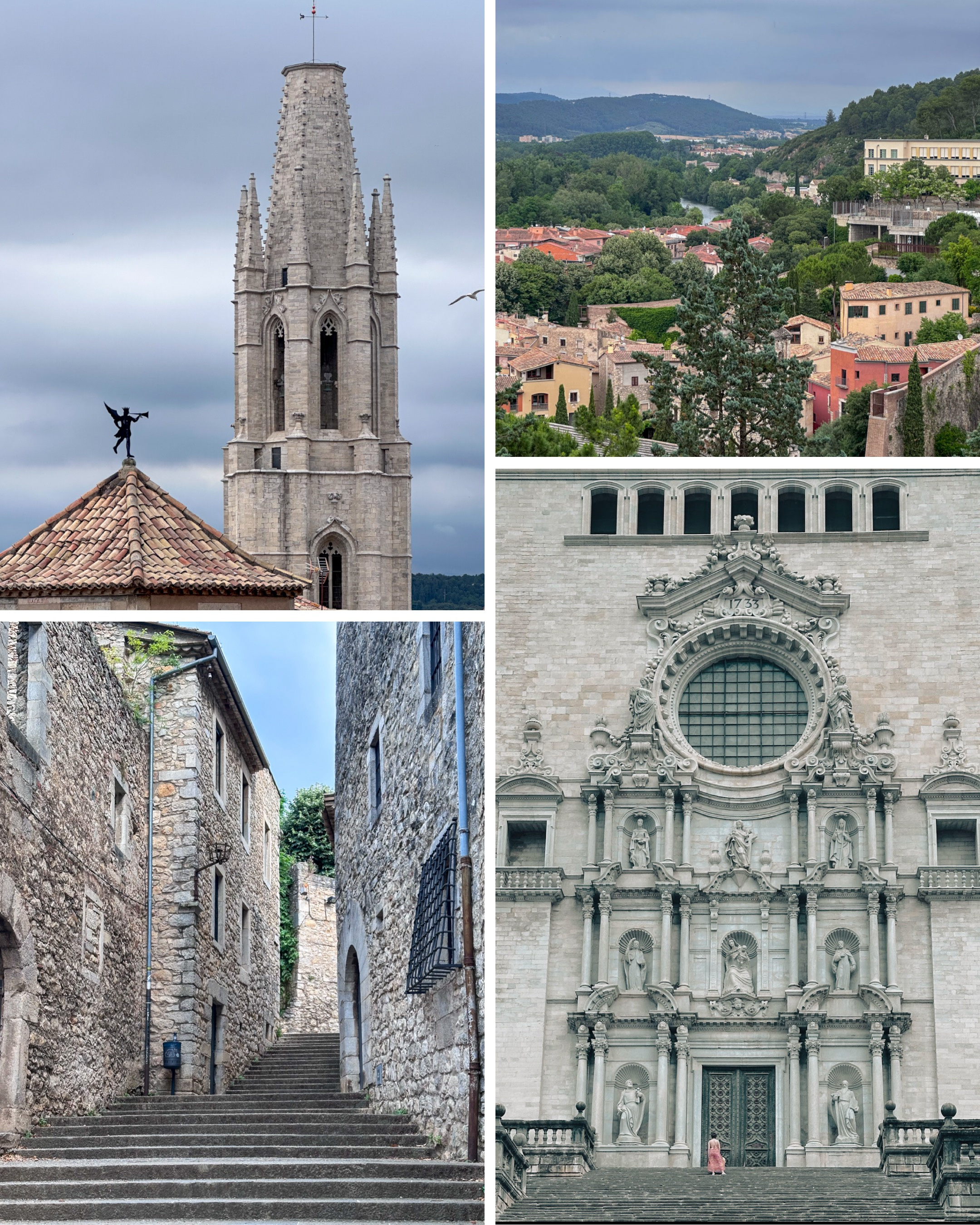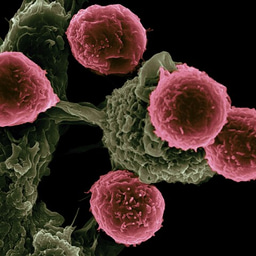Collaborations and a shared passion for virology

Recently, I had the wonderful opportunity to attend the Joint FEBS/EMBO Lecture Course 'Physical Virology: Across Length Scales', held 1–6 2025, in the beautiful coastal town of Sant Feliu de Guíxols, in Spain. It was one of the courses from the FEBS Advanced Courses programme.
This event brought together an interdisciplinary group of researchers from diverse methodological backgrounds, all united by a shared passion for virology. As someone currently pursuing a PhD in retrovirology and structural biology, I was no exception in sharing this passion. Since my work has largely focused on a specific niche, I had begun to feel that I was limiting myself by staying too narrowly within this area. I discovered this course almost by chance. It immediately stood out as an ideal opportunity for me to expand my virology knowledge beyond the specific virus I study, the methods I use, and the conceptual perspective I apply in my research work. It also offered a chance to engage with researchers I have long admired. Alongside this, the renowned reputation of FEBS and EMBO within the scientific community for organizing high-quality events featuring leading experts made the opportunity even more appealing.
This event also supports early-career scientists from around the world by offering travel grants and registration waivers that make participation possible. I was fortunate to be among the recipients of a FEBS Youth Travel Fund (YTF) Award, which covered registration and accommodation, greatly reducing my travel costs and making my attendance feasible. The Federation of European Microbiological Societies (FEMS) also provided similar funding for eligible members. I also want to highlight that the event was family-friendly, allowing participants to bring close family members, such as spouses and children. That policy demonstrates genuine support for scientists with families and helps create a more inclusive and welcoming environment.
The event took place at the Hotel Eden Roc on the scenic coast of Sant Feliu de Guíxols, in Spain, just north of Barcelona. Overlooking the Mediterranean Sea, the hotel offered an ideal setting for both formal sessions and informal scientific conversations. Participants from around the world formed a truly international group that included early-career PhD candidates, senior postdocs, and established researchers. The variety of research backgrounds and disciplines among participants sparked productive scientific discussions, opening the door to new interdisciplinary ideas and collaborations.
The lecture program was thoughtfully structured to reflect the title “Physical Virology Across the Length Scale”, guiding participants from molecular-level insights to applications in complex technological systems. The course started with foundational topics such as viral proteins, capsid structure, and the mechanisms of viral assembly, stability, disassembly, and genome packaging. As the course progressed, lectures shifted toward larger-scale topics, including host-virus interactions, cellular processes, and culminated in a comprehensive session on virus-inspired technologies in medicine and materials science. This progression provided a coherent learning journey, connected concepts across scales and demonstrated the central role of physical virology in both fundamental research and applied innovation. A new addition for me, called “Meet the expert” sessions, gave attendees extra opportunities to ask questions and engage in topic-specific discussions, further enriching the experience.
Additionally, the course program also included a vibrant mini-conference component. All participants were invited to present posters, and a select few were chosen to give talks, resulting in 12 oral presentations and over 80 posters featured during three intensive evening sessions. What stood out to me was the welcoming and supportive environment, where participants were genuinely engaged, offering thoughtful feedback and encouragement. I was especially grateful for the enthusiasm shown toward my research and the insightful questions it sparked. Presenting my work in this setting was a valuable experience, and the sense of community and collaboration made the poster sessions one of the true highlights of the course.
Being selected as one of the session winners made it even more meaningful. In 2025 FEBS and EMBO celebrate the milestone of more than 50 jointly funded events. To celebrate this landmark FEBS and EMBO organized a Joint FEBS/EMBO Lecture Courses Special 2005–2025 Award for the joint courses in 2025. I was delighted to be selected for this award, for my presentation on "EfDRV as a model for exploring immature deltaretroviral assembly". To give a bit of background on my work, one of our lab’s research directions focuses on the structural conservation and diversity of retroviral capsid assemblies. Using cryo-electron microscopy, I recently resolved the immature capsid structure of a deltaretrovirus found in the big brown bat (Eptesicus fuscus). This virus, a close relative of Human T-cell leukemia virus, reveals a uniquely organised capsid lattice, providing new insights into retroviral assembly.
Despite the intensive schedule, the organizers thoughtfully planned an afternoon excursion to help us recharge in the middle of the week. We could choose to either visit the romantic historic city of Girona, known for its well-preserved medieval architecture and Game of Thrones filming locations, or enjoy kayaking and snorkelling in the clear waters and scenic view of Sant Feliu de Guíxols. The break was much-appreciated and added a memorable and refreshing moment to our program.
Overall, the event provided a well-structured programme that carefully balanced lectures, poster sessions, and interactive activities, creating an excellent platform for learning and communication. It offered participants opportunities to present their work, engage in meaningful scientific discussions, and network with fellow researchers. This helped to create a collaborative and inspiring environment for all attendees.
Separately, I would like to sincerely acknowledge the organizers for their flawless management of the event. Communication was consistently prompt, clear, and helpful throughout the entire process. And everything from the registration procedure to the scheduling and logistics was handled smoothly, making attendance truly enjoyable. This course stands out as an excellent example of the long-standing FEBS and EMBO collaboration.
Although this was the first time the course was offered, I believe it was very successful and hope it will be repeated in the future. I strongly recommend that virology researchers worldwide participate and engage with this supportive and dedicated scientific community. I returned to my lab with fresh ideas, renewed motivation, and a more critical perspective on my work. The interdisciplinary format encouraged me to think across scales and appreciate how structural and physical insights can drive both basic and applied advances in virology.
.jpeg)


For more information about the FEBS Advanced Courses programme visit the FEBS website.
Top image provided by the Joint EMBO | FEBS Lecture Course 'Physical Virology: Across Length Scales'.





Join the FEBS Network today
Joining the FEBS Network’s molecular life sciences community enables you to access special content on the site, present your profile, 'follow' contributors, 'comment' on and 'like' content, post your own content, and set up a tailored email digest for updates.